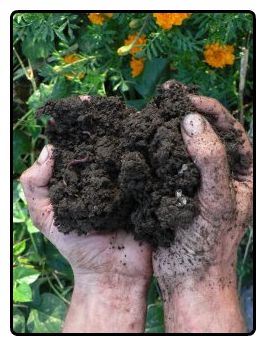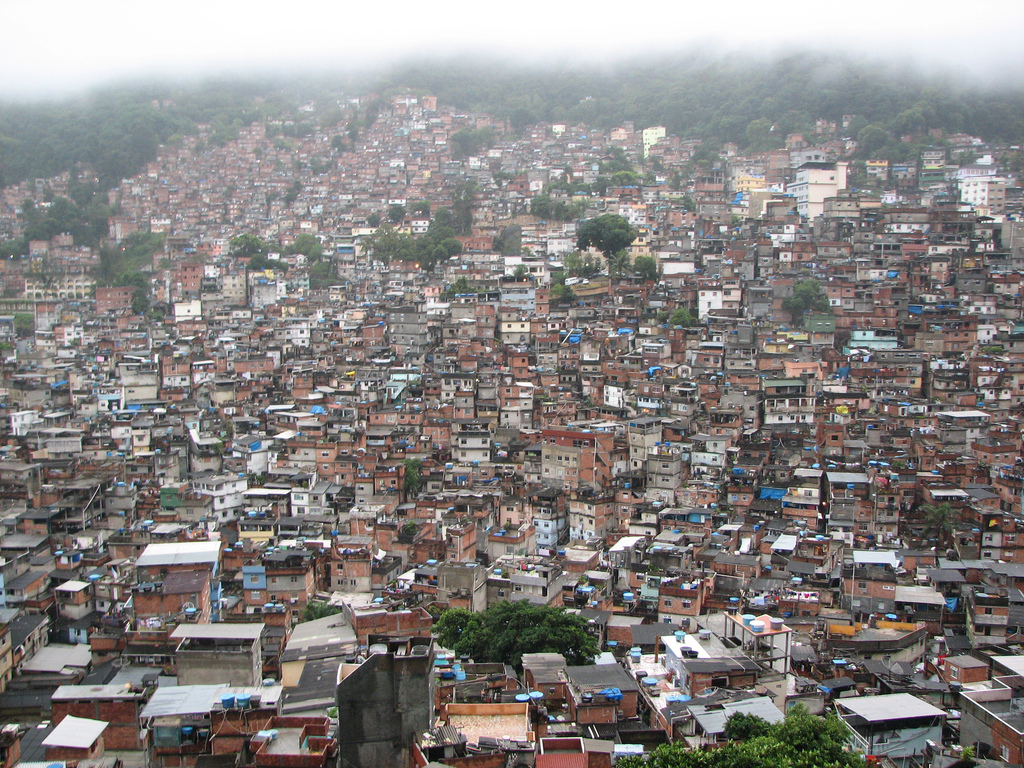Getting Our Hands Dirty
/ When I was a freshman in college, I rallied a group of new friends from my dorm to go volunteer one afternoon. It was early in the school year, and I wanted to prove to my hall-mates that community service was a fun, easy, low-impact sort of way to give back and feel good. Minimal commitment, quick pay-off, done-in-a-day – a perfect fit for college students!
When I was a freshman in college, I rallied a group of new friends from my dorm to go volunteer one afternoon. It was early in the school year, and I wanted to prove to my hall-mates that community service was a fun, easy, low-impact sort of way to give back and feel good. Minimal commitment, quick pay-off, done-in-a-day – a perfect fit for college students!
The community service day was actually organized by my school, so once each of us signed up we were sent to work on different projects throughout the area. In hindsight, I don’t remember what project I worked on that day. But I do remember what one of my friends did. Assigned to clean up a children’s playground in a rough section of town, my friend was picking up trash when he felt something sharp prick his hand. It was a used hypodermic needle.
When I heard this news, I remember feeling as though my heart had stopped. Suddenly, this was no longer just a day of helping out “someone else’s” community.
It was a day of living in someone else’s reality.
Not to worry: everything worked out ok with my friend. But it’s a story worth telling for a few big reasons.
Often for me (and maybe for you, too?), wanting to help others means doing things that can sometimes feel uncomfortable, messy, scary, or overwhelming. After all, in order to really understand a problem (let alone figure out how to solve it), we have to get our hands dirty. And that can mean pushing ourselves beyond our comfort zones and into new, uncharted, and complicated territory.
Think about volunteering at a soup kitchen. I’ve gone to Glide Church in San Francisco a number of times to help out – and it’s an incredibly heart-warming and satisfying experience. Yet, I’d be lying if I said that working alongside with and for the homeless people eating at the kitchen didn’t also fill me with profound feelings of sadness, empathy, and maybe even a little discomfort. In just a few hours, the sobering reality of their situation had set in – and it’s a feeling I haven’t ever forgotten.
This is what I call being “checked in,” and I’d hazard a guess that truly effective changemakers must be really good at this. Why? In order to do our jobs – to make sure that our nonprofits, social enterprises, schools, hospitals and other community organizations are the best at what they do – we must understand what life looks like on the ground. We must pick up the rock in the dirt and look underneath.
But we can’t just stop there.
If we really want to get at the root of the problems we’re trying to solve, we have to understand the entire ecosystem that lives under that rock. And that can be a pretty messy job.
Another example: I’ve been given the opportunity to travel abroad for two weeks this winter with one of my MBA classes. The trip is focused on sustainability and corporate social responsibility initiatives and challenges currently being tackled in Brazil. On paper, it sounds like a perfect opportunity – a chance to pick up that rock and see with my own eyes just what’s going on underneath.
But it’s a little scary too. I’ve never been to Brazil, I don’t know what to expect. And this isn’t a tourist trip; this is a chance to be on the ground, to travel to the favelas, and learn about what life in Brazil looks like through the eyes of the Brazilian people. On the one hand, I’m thrilled by the opportunity. On the other hand, I’m definitely pushing the outer limits of my comfort zone, beyond any point I’ve been to before.

- A Favela, or Slum, in Sao Paolo, Brazil (Photo courtesy of Ciaran O'Neill, http://bit.ly/aTrbXu)
When I start to get overwhelmed, I try to think about my friend back in college. Yes, that was a frightening moment, one that I am sorry he had to go through. But it was also an experience that neither he nor I will probably ever forget. Why? Because it was real. It solidified the purpose of our day in the park, and it gave us a tangible reference point for going forward.
Each of us, in our quests to bring change to our communities, reaches the point at which it’s time to dig deep. Yes, this can mean getting our hands dirty, facing uncomfortable realities, and maybe even doing something that scares us.
But isn’t that what makes our work worth it?

